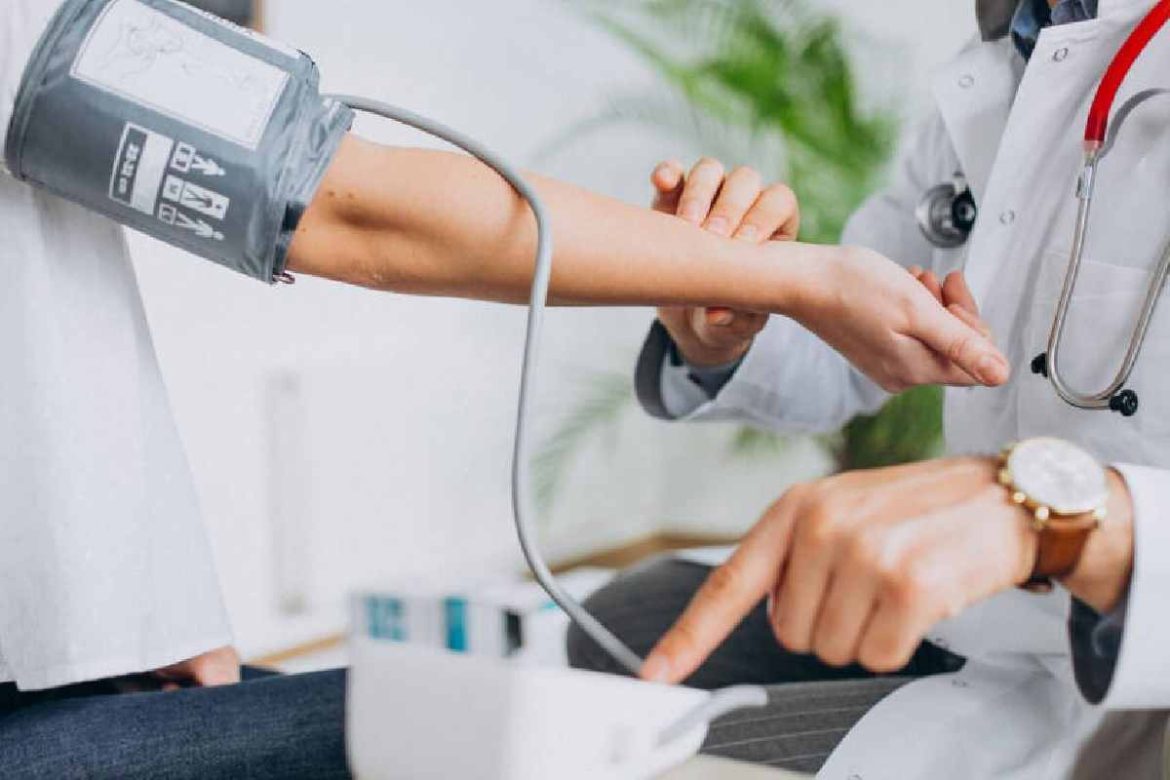Why Regular Check-Ups Are Essential for Long-Term Leg Wellness
Introduction
Leg health is vital to mobility and overall quality of life. Strong legs allow greater freedom of movement and support physical activity; however, many venous issues like varicose veins or deep vein thrombosis (DVT) may develop over time and lead to pain or swelling; regular check-ups are essential in early identification of these conditions, avoiding complications, and maintaining long-term wellness for your legs. In this article we’ll examine why regular health checks are so essential in protecting leg wellness for overall wellness.
Early Detection of Venous Diseases
The Role of Routine Leg Health Assessments
Regular leg health assessments play a critical role in early detection of venous conditions before they worsen. Although symptoms such as mild swelling or discomfort might go undetected without screening, early identification could prevent complications like leg ulcers or severe vein disease from ever taking hold.
Conditions That Can Be Prevented Through Check-Ups
Routine check-ups can prevent conditions such as varicose veins, venous ulcers, and deep vein thrombosis (DVT). These conditions can escalate if left untreated, with DVT potentially becoming life-threatening. Research from ScienceDirect highlights the importance of early intervention in reducing the risks associated with venous disease.
Benefits of Regular Monitoring
Tracking Progression of Existing Conditions
Individuals diagnosed with varicose or spider veins need regular check-ups in order to monitor the progression of their condition and make necessary changes as necessary to their treatment plans. Regular monitoring ensures timely intervention, helping keep conditions from worsening further.. According to NCBI, consistent follow-ups play a key role in managing chronic venous disorders and preventing further complications.
Promoting Overall Wellness
Regular check-ups not only detect leg issues early, but they can also improve circulation and mobility. By treating vein issues early, they can be addressed before they impact other aspects of health – ultimately improving long-term wellness. Monitoring leg health through routine exams can significantly enhance overall well-being and quality of life.
Preventive Care and Personalized Treatment Plans
Creating a Personalized Care Routine
Regular check-ups allow healthcare professionals to create tailor-made treatment plans tailored to the needs and risk factors of each individual patient. Plans may include recommendations such as wearing compression stockings, engaging in active lifestyle practices and eating healthy to increase circulation – all which may help improve circulation and help prevent further complications while supporting long-term leg health.
Consulting a Specialist
If you are concerned about your leg wellness or experiencing symptoms of venous disease, consulting a vein specialist is essential. For expert care and personalized treatment, visit Vein911 for a comprehensive evaluation of your vein health.
How Regular Leg Check-Ups Improve Long-Term Quality of Life
Preventing Long-Term Damage
Routine leg screenings can detect vein issues early, helping prevent serious health consequences like leg ulcers, chronic pain or reduced mobility from manifesting themselves later. By acting quickly on these issues in their initial stages, patients can avoid more invasive treatments in later stages that may require hospitalization or even surgery to address.
Maintaining Mobility and Independence
Regular checkups ensure your legs remain strong and healthy, supporting an active lifestyle. Early intervention helps decrease the risk of debilitating venous conditions, helping individuals maintain mobility and independence as they age.
Conclusion
Regular leg health examinations are crucial to early identification and management of any vein issues, such as varicose veins or deep vein thrombosis. By diagnosing these problems early, you can reduce complications while maintaining long-term leg health – keeping yourself active and mobile for years to come. Preventive care ensures your legs remain in peak condition so you remain mobile in years to come.
Proactively managing leg health through regular visits with a vein specialist and scheduling check-ups can help safeguard against future concerns. Screenings play a pivotal role in maintaining overall well-being and warding off serious vein-related problems.


